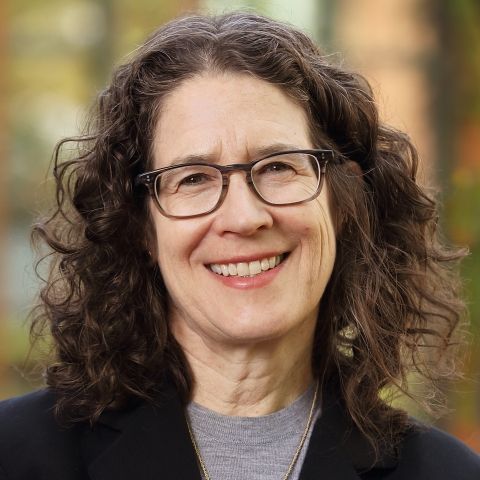
Special Issue on Campaign Finance: Introduction: Problems in the Existing Jurisprudence
This year marks the fortieth anniversary of the Supreme Court's seminal money-in-politics case, Buckley v. Valeo -an anniversary that coincides with a presidential election that promises to be the most expensive in U.S. history and one dominated by big money. At the same time, the death of Justice Scalia presents the country with an unexpected vacancy that could change the balance of the Court. Now is an especially apt time to examine the role of the Justices in creating our current approach to money in politics and to propose and evaluate transformative alternatives. The overwhelming majority of Americans are unhappy with the current political system, viewing it as corrupt. Today, wealthy interests and individuals are able to translate wealth into influence and thereby distort policy. Empirical evidence demonstrates that the wealthy have different policy preferences than the broader public, and are more likely to succeed in getting those policy preferences enacted into law. Candidates spend their time soliciting large contributions from a wealthy, disproportionately white, "donor class" who constitute less than 1% of the population, wasting time that could be spent more productively and simultaneously developing a skewed impression of the views and values of the people they serve. Candidates who run for office are likely to be wealthy and white; it is difficult for working-class candidates to amass the resources they need to compete with opponents backed by big money.